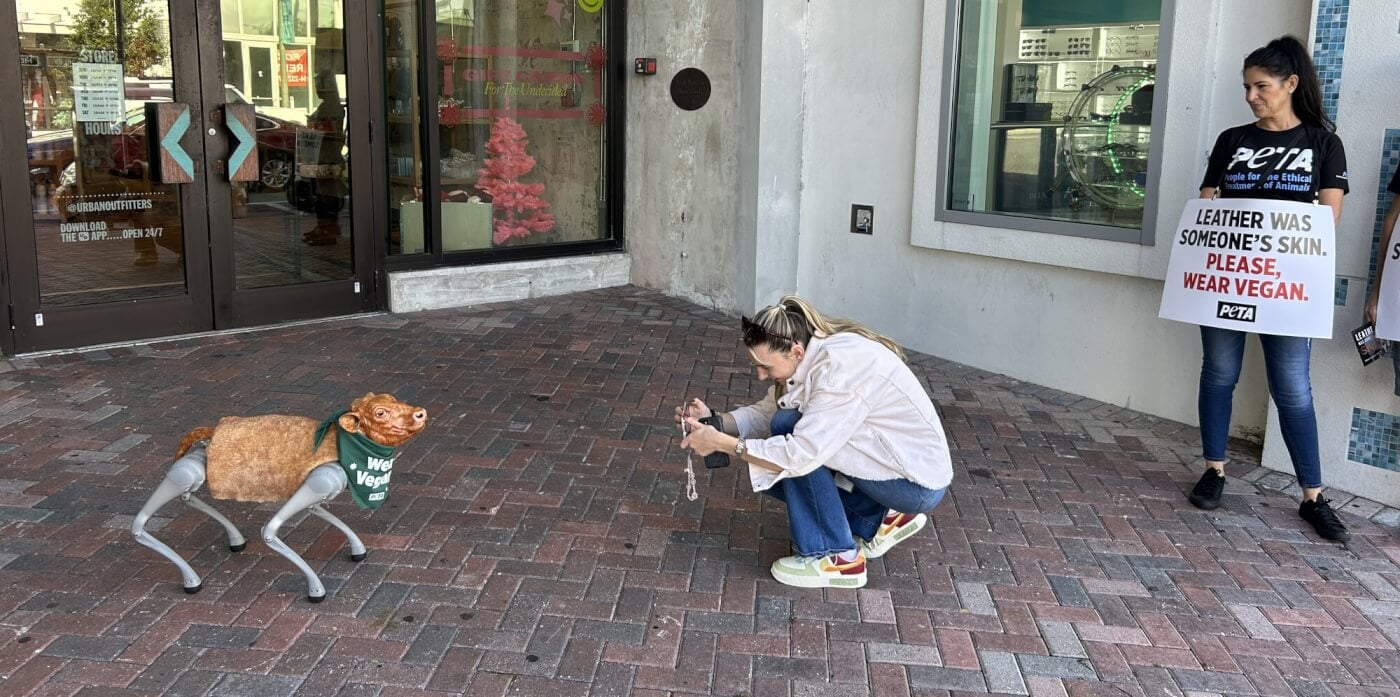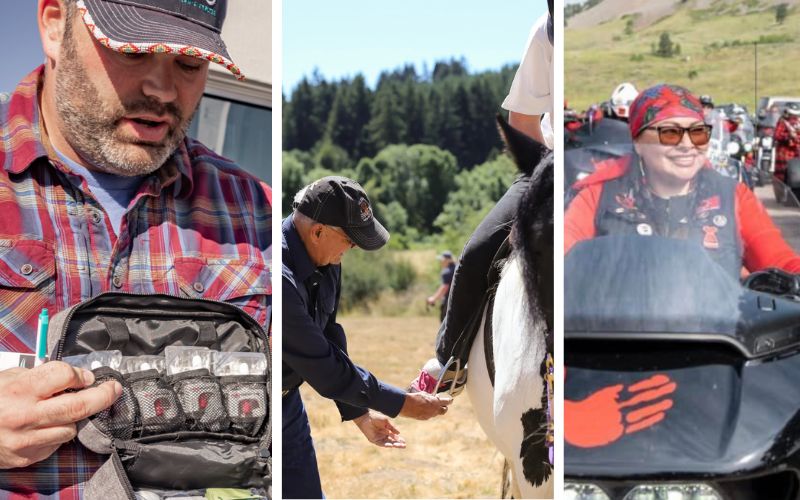
In 2023, Cherelle Parker won the Democratic primary for mayor of Philadelphia, running as more in favor of law enforcement than the other candidates. As CBS reported in May 2023, she promised to crack down on drug sales in the infested Kensington neighborhood, supported hiring more police officers, and opposed the absurd “defund the police” movement. The general election was a foregone conclusion in this heavily Democratic city.
As Mayor Parker closes out her first year, how much progress has there been? Some, to her credit, but not enough. The Philadelphia Inquirer had this story last Sunday.
Since January, the Parker administration has put 75 new police officers on the street, quashed homeless encampments, and increased narcotics arrests as it tries to respond to Kensington as if an open-air drug market had opened in Rittenhouse Square.
But the crackdown hasn’t been as swift or forceful as many residents had hoped.
An Inquirer analysis of police department data found that Kensington saw a steep reduction in gun violence, in keeping with a historic decline citywide. But the quality-of-life crimes and nuisance issues that plague the neighborhood have not improved, and have instead followed the familiar pattern of policing in Kensington: Old problems just move to new places.
What is holding up progress? Limited resources, as always, are a factor. Police can only make so many arrests when the jails are full. But curiously the Inquirer doesn’t even mention the District Attorney. The Wall Street Journal addresses that aspect in this editorial.
The day after she was sworn in, Ms. Parker issued an executive order to shut down the open drug markets in Kensington. Her office soon published a strategy to “attack the decades of open-air narcotics trade, addiction, homelessness, violence, and criminal activity” that plague the neighborhood. As part of an enforcement push that began in June, 75 officers assigned to Kensington have worked to shut down homeless encampments, make narcotics arrests and promote public order.
The effort is yielding results on gun crime. During the pandemic, the northern half of Kensington was the second-worst neighborhood in the city for shootings and murders. This year it’s on track for the fewest shootings in a decade, city statistics show.
Ms. Parker’s critics complain that the cleanup hasn’t made enough of a dent in vagrancy, drug use and other offenses that degrade quality of life in Kensington. But the mayor and police can’t address those without the DA’s help. Mr. Krasner, a progressive prosecutor elected with funding from George Soros, favors a soft-on-crime approach.
In a report last year, Mr. Krasner touted his record of “reducing wildly excessive incarceration” and probation sentences for “convicted Philadelphians who are mostly Black and brown.” As of last week, he’d charged 4,645 drug offenses in 2024, down from more than 13,300 the year before he became the DA.
“Larry Krasner’s lack of prosecutions for theft, drug-related offenses, and quality-of-life crimes has made Philadelphia less safe overall, with Kensington being the most tragic example in our city,” says state Rep. Martina White, a Philadelphia Republican. “A District Attorney’s office unwilling to hold criminals accountable continues to undermine public safety and hinders community revitalization efforts in places like Kensington.”
The new year is an election year for Philadelphia District Attorney. Will the people of that city join the list of those who have woken up from wokeness and dumped their soft-on-crime DAs? Stayed tuned.





